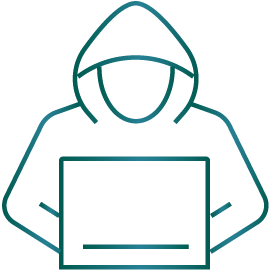
Blockchain
In our 2016 Trend report discussing blockchain technology, we focused on its impact on the financial system and potential for medical records, transparent elections, and for identity validation. The last 12 months have provided countless examples where a blockchain ledger has helped alleviate the complexity of living in a modern society. Distributed ledgers, such as blockchain, allow for transparent, verifiable, public records of transactions, assets, and contracts. Blockchain could have provided immediate irrefutable elections results to remove uncertainty and the need for recounts. The technology also enables globally verifiable identification, particularly in the case of refugees who often have to flee on short notice without legal documents. And of course, bitcoin, the best-known example of blockchain often referred to as the “internet of value,” had a resurgence of interest as Chinese citizens flocked to the cryptocurrency as a means to protect their assets from a depreciating currency and circumvent capital control measures from the government.
Future applications of blockchain could help stem the tide of fake news by verifying facts on distributed ledgers (similar to how Wikipedia relies on many users to verify submitted content). Blockchain could be used to verify reviews on sites like Amazon and Yelp, or it could be used to guarantee advertisers that the clicks they receive on their Facebook page are legitimate people and not bots.
The potential uses for distributed ledger far exceed our imaginations, and we will continue to watch how this evolves.